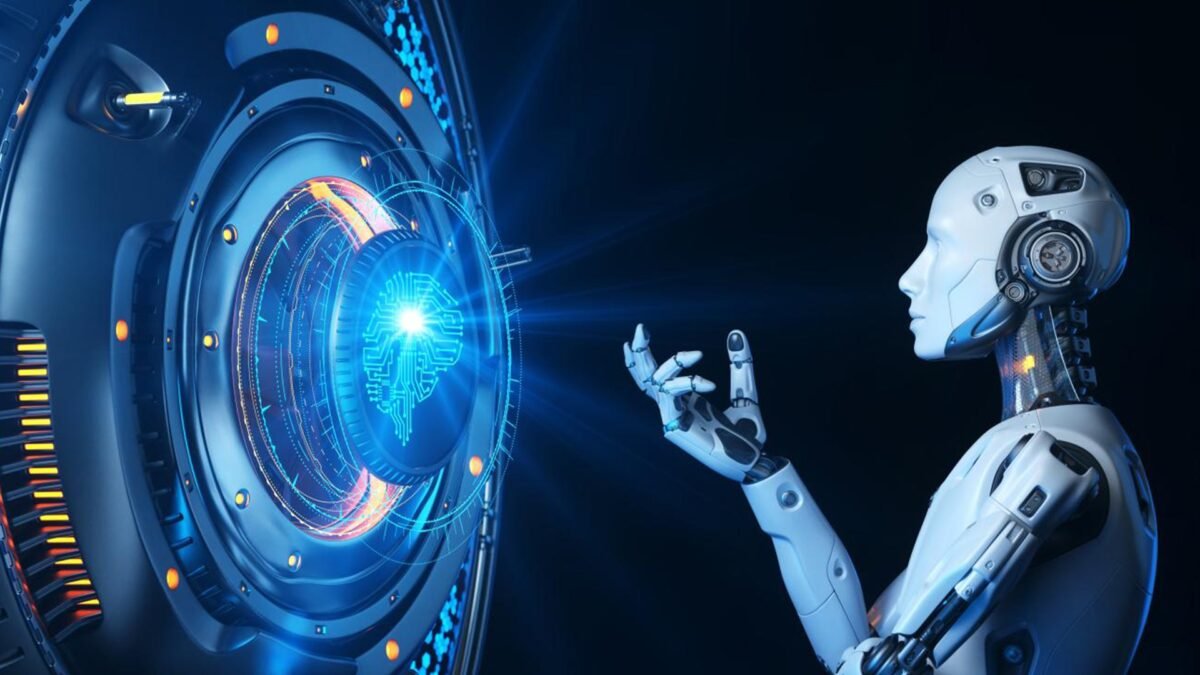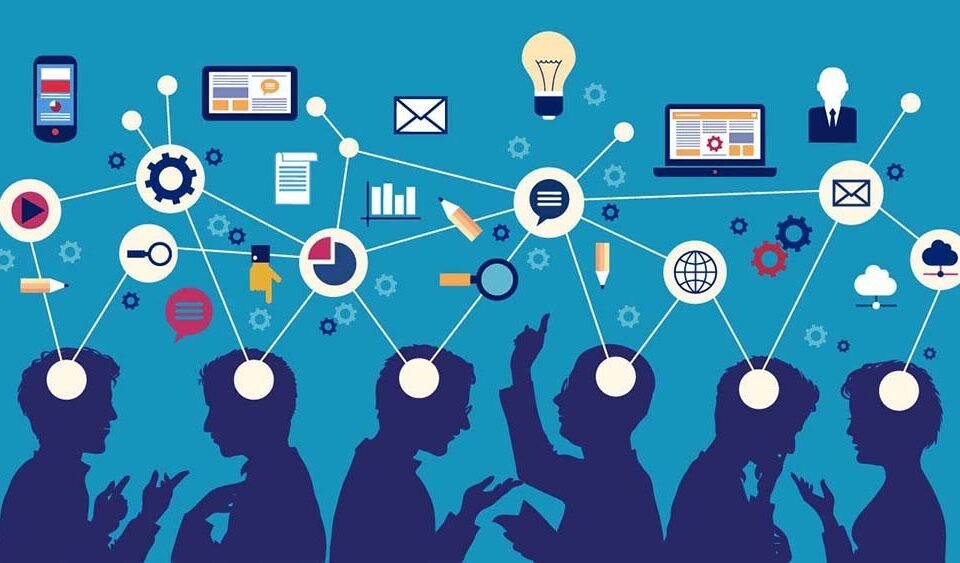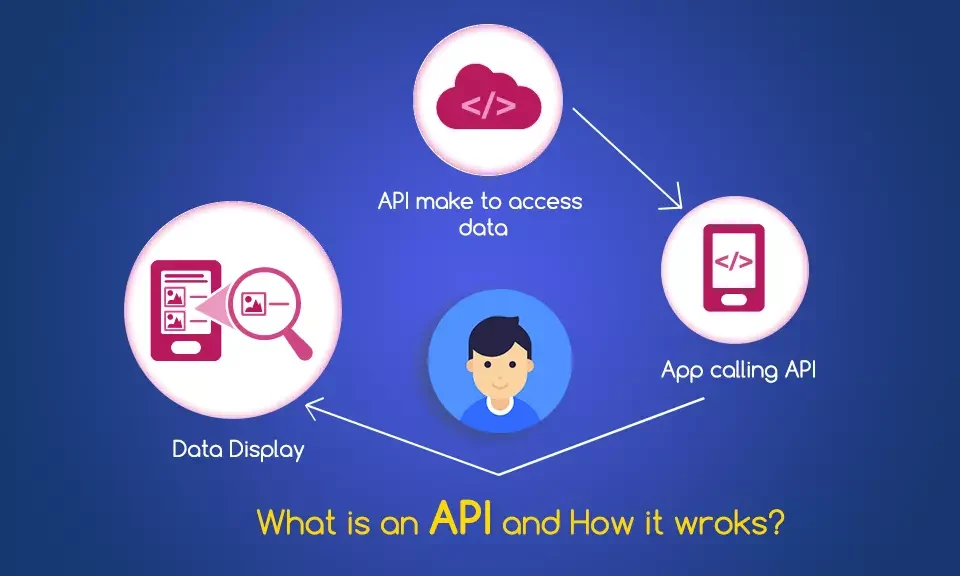
Future of Learning: How Students Can Prepare for What’s Next
August 1, 2025
Top 10 Final Year Projects Ideas for Computer Science Students
August 4, 2025Artificial Intelligence (AI) is revolutionizing the education sector, reshaping how students learn and how teachers teach. From personalized learning paths to AI-powered analytics, the technology is creating more adaptive and inclusive classrooms. Below are the key ways AI is impacting education and what it means for the future of learning.
1. Personalized Learning with AI
AI tailors education to individual student needs.
Adaptive learning platforms analyze student performance and adjust the content, pace, and difficulty level. This ensures every learner progresses at their own speed.
- Example: Khan Academy’s AI tutor offers adaptive content based on student performance.
Benefit: Real-time feedback and targeted support help close knowledge gaps faster.
2. Enhanced Teaching Efficiency
AI automates routine tasks, freeing up teachers to focus on mentorship and creative teaching:
- Automated Grading: Tools like Gradescope speed up assessments.
- Intelligent Tutoring Systems: Offer supplemental learning and 24/7 assistance to students.
3. Data-Driven Insights for Teachers
AI-powered analytics provide educators with real-time student performance dashboards, allowing:
- Early intervention for struggling students
- Personalized teaching strategies
- Improved curriculum planning
4. Accessibility and Inclusivity
AI removes barriers for students with disabilities or language differences:
- Speech-to-text tools like Otter.ai enhance inclusivity.
- AI-powered translation breaks language barriers for global learners.
5. Engaging and Immersive Experiences
AI-driven VR and gamification create interactive learning environments:
- Virtual labs for science experiments
- Educational games for deeper understanding of concepts
6. Cost-Effectiveness and Scalability
By automating repetitive tasks and providing scalable solutions, AI reduces the cost of delivering high-quality education worldwide.
7. Evolving Teacher Roles
Educators become facilitators and mentors rather than content deliverers. AI assists in managing routine tasks, enabling teachers to focus on creativity and emotional support.
8. Ethical Challenges of AI in Education
Despite its benefits, AI introduces concerns:
- Bias in AI models → May perpetuate inequalities
- Data privacy risks → Need for secure data handling
- Human connection → Over-reliance may reduce social interaction
Conclusion
AI is reshaping education by improving personalization, accessibility, and efficiency. However, ethical considerations like privacy and fairness must be addressed for responsible AI adoption in classrooms.





